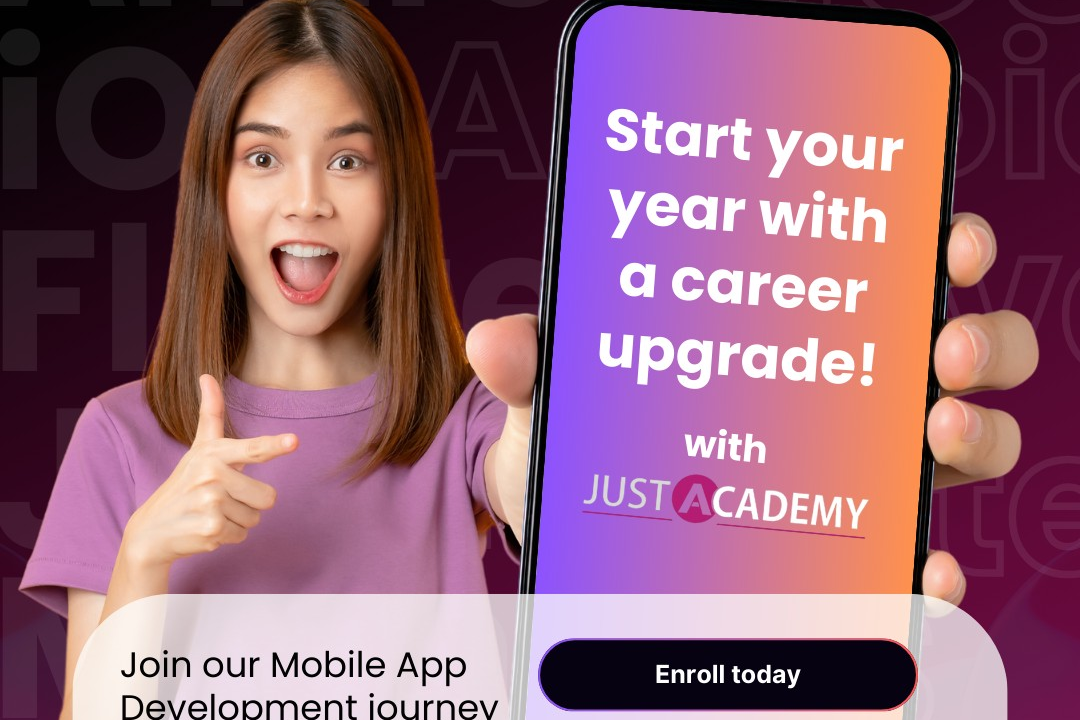Agile development
Dynamic Software Development
Agile development
Agile development is a flexible and iterative approach to software development that emphasizes collaboration, customer feedback, and rapid releases. It prioritizes individuals and interactions over processes and tools, promotes working software as the primary measure of progress, and encourages adaptive planning to respond to change rather than following a rigid plan. Agile methodologies, such as Scrum and Kanban, break projects into smaller increments called iterations or sprints, allowing teams to deliver functional software regularly and continuously improve based on stakeholder input. This approach fosters a more responsive and efficient development process, ultimately aiming to enhance customer satisfaction and project outcomes.
To Download Our Brochure: https://www.justacademy.co/download-brochure-for-free
Message us for more information: +91 9987184296
1 - Introduction to Agile: Agile is a project management and product development approach that emphasizes flexibility, collaboration, and rapid iteration.
2) Agile Manifesto: Discuss the Agile Manifesto, which values individuals and interactions, working software, customer collaboration, and responding to change over traditional processes.
3) Principles of Agile: Outline the 12 principles behind the Agile Manifesto, focusing on customer satisfaction, embracing change, and self organizing teams.
4) Iterative Development: Explain the concept of iterative development, where projects are broken down into small, manageable parts (iterations or sprints) that allow for frequent reassessment and adaptation.
5) Scrum Framework: Introduce the Scrum framework, a popular Agile methodology, covering roles (Scrum Master, Product Owner, Development Team), events (Sprint Planning, Daily Scrum, Sprint Review, Sprint Retrospective), and artifacts (Product Backlog, Sprint Backlog, Increment).
6) Kanban Method: Discuss the Kanban approach, which focuses on visualizing work, limiting work in progress (WIP), and managing flow to improve efficiency.
7) User Stories: Explain how user stories are used in Agile to capture feature requirements from the perspective of the end user, often following the format: “As a [user], I want [goal] so that [reason].”
8) Daily Stand ups: Describe the purpose and structure of daily stand up meetings that encourage team communication and quick updates on progress, issues, and plans.
9) Continuous Feedback: Highlight the importance of continuous feedback from stakeholders and users to adapt and improve the product throughout the development process.
10) Retrospectives: Discuss retrospective meetings as a critical component of Agile where teams reflect on the past iteration to identify areas for improvement in process and collaboration.
11) Embracing Change: Explain how Agile welcomes changing requirements, even late in development, to ensure the final product is aligned with customer needs.
12) Cross Functional Teams: Introduce the concept of cross functional teams that include diverse skill sets, enabling them to collaborate effectively and enhance innovation.
13) Release Planning: Cover the principles of release planning in Agile to ensure timely and efficient delivery of valuable increments of the product.
14) Agile Tools: Provide an overview of popular tools used in Agile development, such as Jira, Trello, and Asana, which help facilitate Agile practices like backlogs and sprint tracking.
15) Scaling Agile: Discuss concepts for scaling Agile in larger organizations, such as the Scaled Agile Framework (SAFe) and Large Scale Scrum (LeSS).
16) Agile Metrics: Introduce key metrics used in Agile to assess progress and productivity, such as velocity, burndown charts, and cycle time.
17) Challenges and Solutions: Explore common challenges faced in Agile development, such as resistance to change and ensuring team alignment, along with potential solutions.
18) Agile Certifications: Briefly discuss Agile certifications like Certified ScrumMaster (CSM) and Agile Certified Practitioner (PMI ACP) that students can pursue for professional development.
This structured approach can help students grasp the fundamental aspects of Agile Development and prepare them for real world applications in software development or project management.
Browse our course links : https://www.justacademy.co/all-courses
To Join our FREE DEMO Session: Click Here
Contact Us for more info:
JAVA Course In NOIDA 2024
python full syllabus
machine learning python beginner
Flutter Training in Palacole
iOS Training in Davanagere











